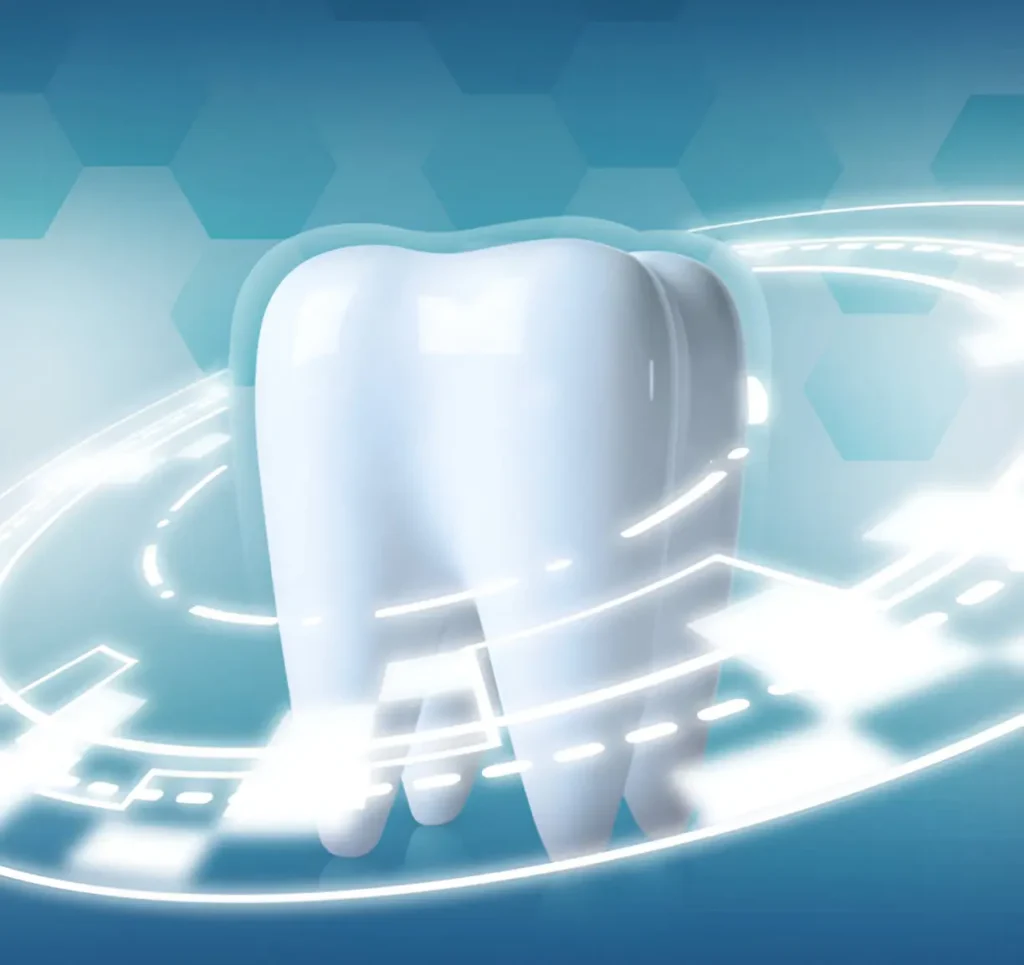Key Takeaways:
- Proper dental care can prevent most oral health issues.
- Good oral hygiene practices include brushing, flossing, and regular dental check-ups.
- A balanced diet plays a vital role in maintaining oral health.
- Professional dental advice is crucial for personalized care.
Table of Contents:
- The Importance of Dental Care
- Daily Oral Hygiene Practices
- Common Dental Issues and How to Prevent Them
- The Role of Professional Dental Care
The Importance of Dental Care
Dental care is vital for maintaining overall health. Good oral hygiene prevents dental issues, including cavities, gum disease, and bad breath. Regular visits to dental professionals like Dr. Tejas Patel Parkesburg ensure early detection and treatment of potential problems, keeping your teeth and gums in top condition. Research shows that poor oral health can lead to systemic issues such as heart disease and diabetes. The correlation between oral health and overall well-being underscores the importance of being diligent about dental care practices.
Surprisingly, many people underestimate the interconnectedness of oral and general health. Leaving dental issues untreated can lead to severe complications over time that may require extensive and expensive treatment. Therefore, being proactive about dental care can save time, money, and peace of mind in the long run.
Daily Oral Hygiene Practices
Adopting effective daily oral hygiene practices is essential to maintain a healthy smile. Start by brushing your teeth twice a day using a fluoride toothpaste. Fluoride helps strengthen the enamel and protect teeth from decay. Don’t forget to floss regularly to remove food particles and plaque between your teeth, which a toothbrush can’t reach. You can also incorporate water fluoridation as a preventive measure, especially if your community water supply does not contain fluoride.
Brushing Techniques
Using the proper brushing techniques can make a significant difference. Hold your toothbrush at a 45-degree angle to your gums and use short strokes to clean all surfaces of your teeth, including the outer, inner, and chewing surfaces. Remember to brush your tongue to remove bacteria and keep your breath fresh. Replacing your toothbrush every three to four months, or sooner if the bristles are frayed, is essential for effective cleaning.
Flossing Tips
Flossing is crucial for removing debris and plaque between teeth. Use a gentle sawing motion and curve the floss around each tooth to remove particles stuck under the gumline. It’s best to use about 18 inches of floss, winding most of it around your middle fingers and leaving about an inch to work with. As you move from tooth to tooth, use a fresh section of floss to avoid re-depositing bacteria.
Common Dental Issues and How to Prevent Them
Proper care can prevent common dental issues like tooth decay, gum disease, and tooth sensitivity. Regular check-ups and cleanings are crucial for early detection and treatment. Additionally, using fluoride toothpaste helps strengthen enamel and protect against decay. Being aware of these issues and understanding how to mitigate them can go a long way toward maintaining optimal oral health.
Tooth Decay
Tooth decay is caused by plaque build-up, leading to acids forming that erode tooth enamel. It can be prevented by brushing at least twice a day, flossing daily, and reducing the intake of sugary and acidic foods. Regular dental check-ups also help monitor and manage any signs of decay early on, preventing more severe complications like cavities and infections.
Gum Disease
Gum disease, or periodontal disease, is a bacterial infection of the gums that leads to inflammation, bleeding, and sometimes even tooth loss. Maintaining good oral hygiene by brushing, flossing, and using an antibacterial mouthwash can help prevent gum disease. Visiting your dentist regularly ensures that any signs of gum disease are treated before they progress to more severe stages.
Tooth Sensitivity
Worn enamel, exposed roots, or other dental issues like cavities often cause tooth sensitivity. People with sensitive teeth experience discomfort when eating hot, cold, or acidic foods and beverages. Using toothpaste specially formulated for sensitive teeth and avoiding extremely hot or cold foods can help manage this condition. Regular dental visits are essential for diagnosing the underlying causes of tooth sensitivity and receiving appropriate treatment.
The Role of Professional Dental Care
Professional dental care is essential for maintaining optimal oral health. Dentists provide personalized advice, conduct thorough cleanings, and identify potential problems early. Regular visits to a trusted dental professional ensure your teeth and gums remain in shape. Moreover, professional care extends beyond routine check-ups, incorporating a variety of treatments and procedures that address specific dental issues.
Benefits of Regular Check-Ups
- Early Detection: Dentists can identify issues before they become serious. Early detection of problems like cavities or gum disease can save you from extensive and costly treatments in the future.
- Professional Cleanings: A professional cleaning removes plaque and tartar build-up that brushing and flossing miss. This deep clean makes your teeth look better and prevents gum disease and decay.
- Personalized Advice: Dentists can provide tailored recommendations based on your specific needs, such as guidance on brushing techniques, dietary adjustments, and specialized treatments for issues like sensitivity or misalignment.
Also Read-Health Benefits of Choosing the Right Boots for Women: A Style Guide
